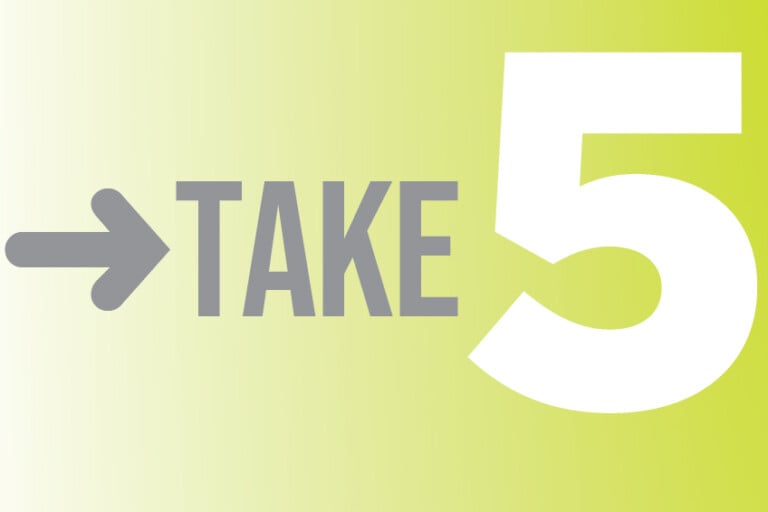Take 5: health care coverage, eye surgery and unemployment situation
NH Business Review's biweekly snapshot of business and industry statistics

The WalletHub Economic Index increased by around 4% between August 2024 and August 2025, showing that consumers are less confident about their financial situation this month than they were at the same time last year. Consumers’ stress levels regarding money decreased 3.4% in August 2025 compared to last year, but 2.3% are optimistic their financial situation will improve in the next six months. In addition, consumers who feel new employment opportunities are abundant rose 6.2% year of year.
Fifty-five percent of people think inflation and tariffs are erasing their hard work, according to a WalletHub survey. Seven in 10 people say they’re working harder this year than last year, with 2 in 5 Americans concerned that AI will take their job. The survey also showed that 93% of American workers wish their companies offered financial wellness tools.
A report from AIResumeBuilder.com found that 24% of surveyed companies require its employees to use AI, while another 34% require only certain employees to use it. An additional 19% strongly encourage AI adoption across their workforce. Top reasons for mandating AI use in the workplace are to increase productivity (79%), improve the quality of work (70%), and enhance innovation and creativity (58%). Other motivations include staying competitive within their industry (54%) and reducing costs (45%), with 29% pointing to AI’s potential to reduce staffing needs.
Data from the National Center for Education Statistics (NCES) analyzed by TuitionHero shows that college enrollment figures from between have decreased in New Hampshire, from 92,683 enrolled students between 2014 and 2018 down to 84,012 enrollees between 2018 and 2022 — a 9% decrease. Neighboring states Maine and Massachusetts shared similar percentage drops.
The Pew Research Center published a report recently that found 60% of Americans view the large reduction in union workers over the past several decades as a bad thing for the country. The reported determined the share of U.S. workers who belong to a union has fallen since 1983, when 20.1% were union members. In 2024, 9.9% of U.S. workers were in a union.